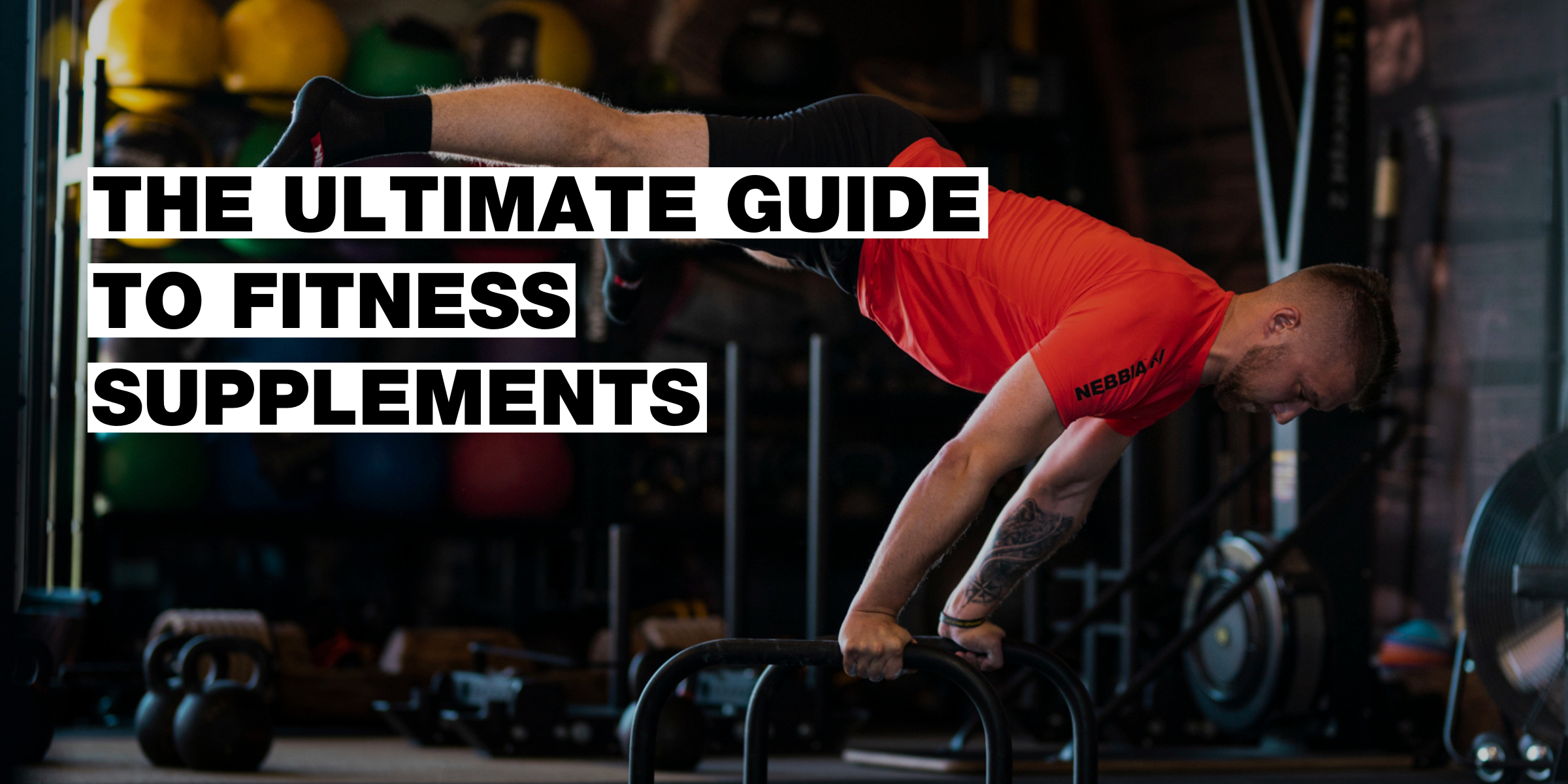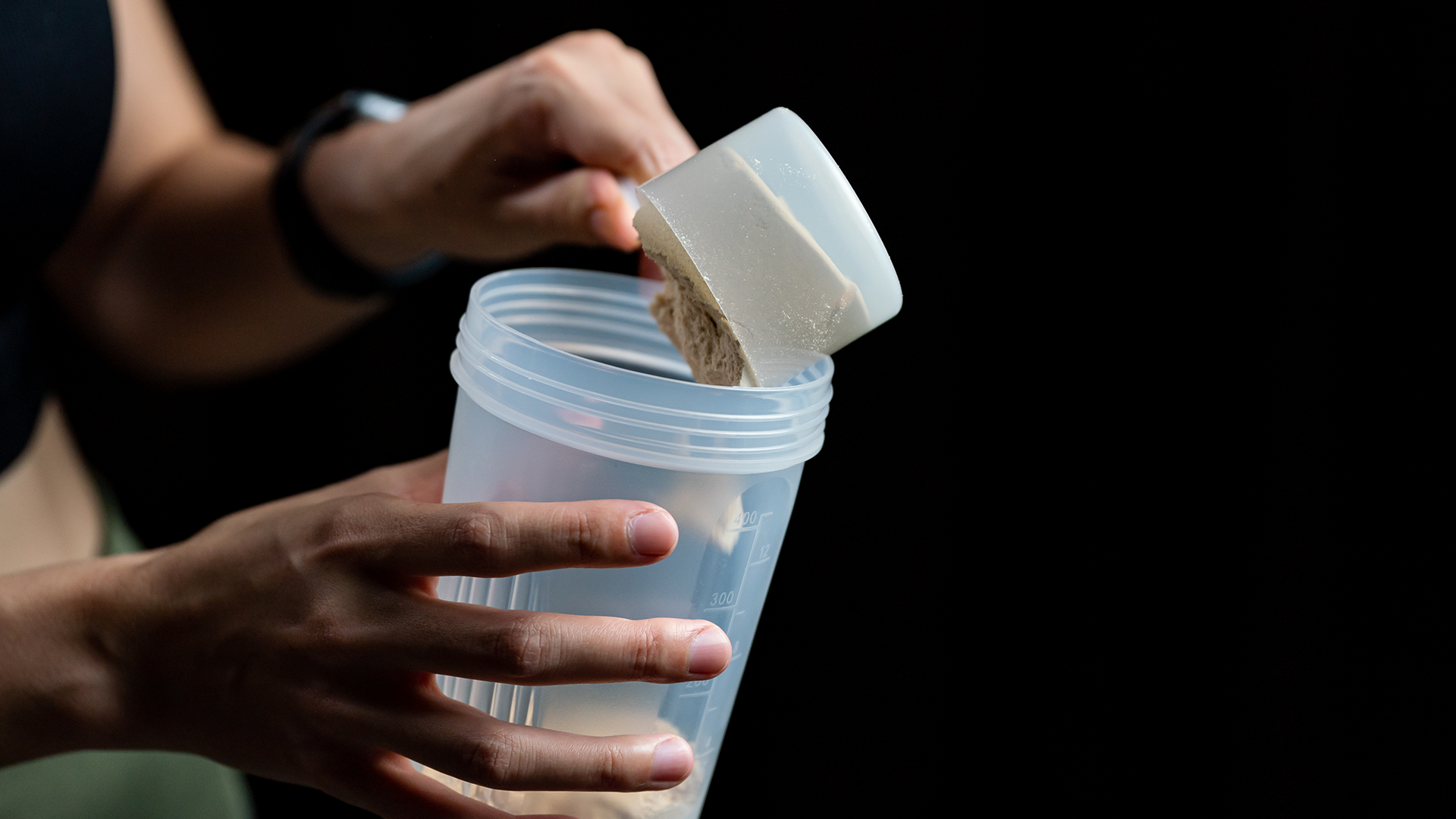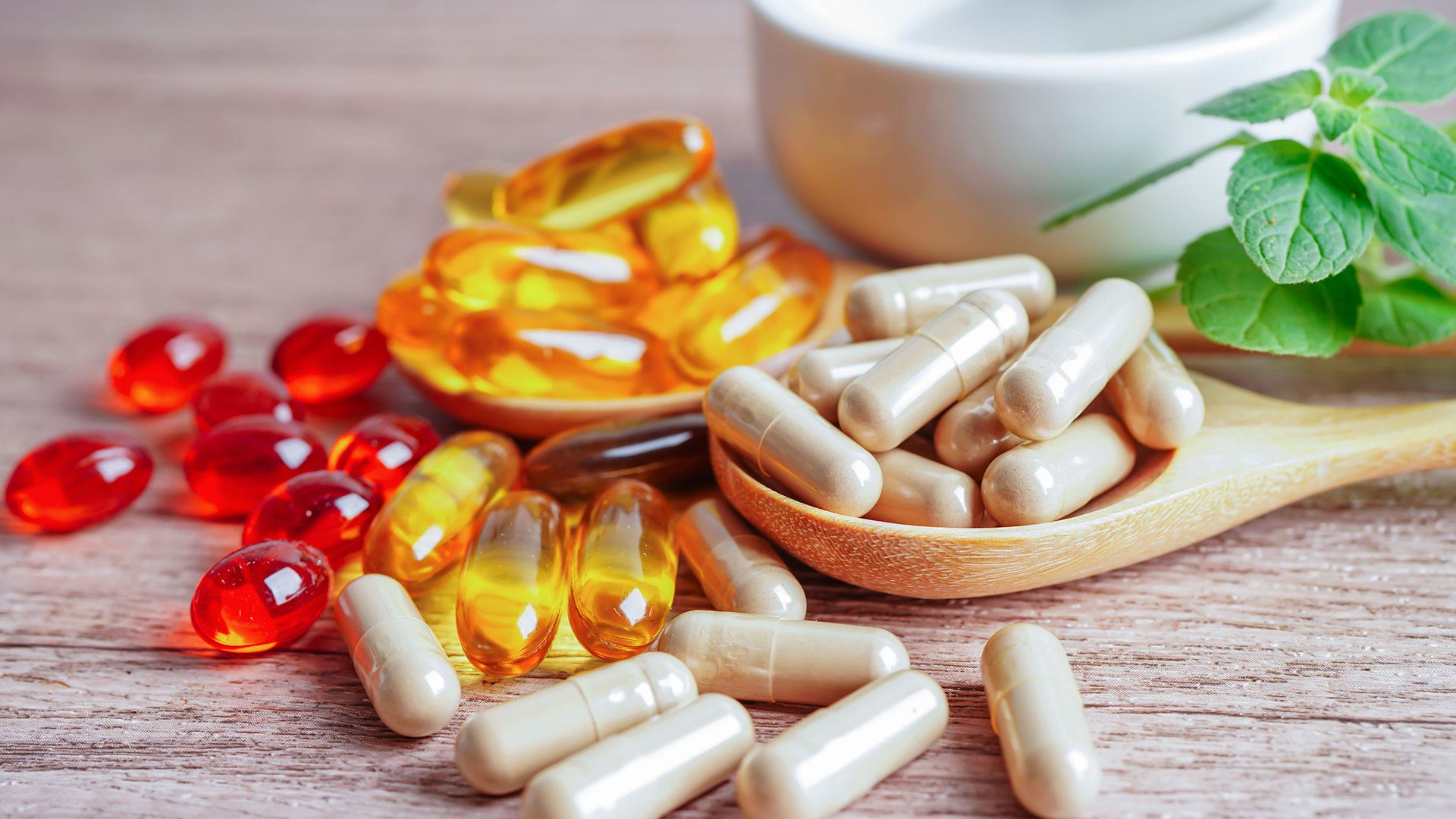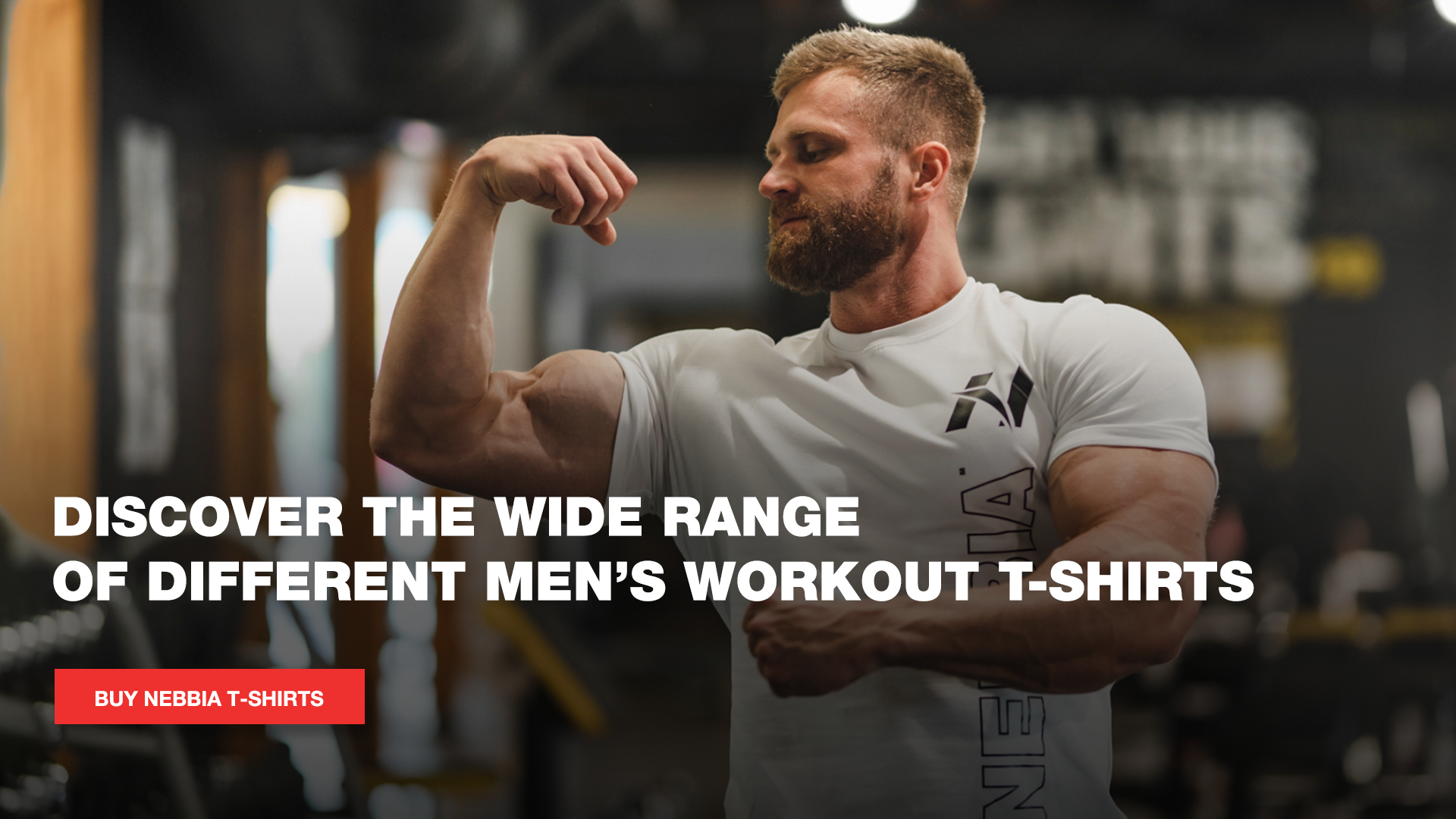
Are you taking the right supplements? Check out our guide to the basic supplements!
Supplements are an essential part of bodybuilding. Kind of like barbells and plates. Every year there’s something new on the market that theoretically promises incredible results, but they oftentimes only offer the placebo effect. However, you can find supplements that are truly beneficial to the athlete’s health and performance. Which ones are they? How much do you need to take? We are here to answer all your questions and give an introduction to supplements. These six supplements are worth your money!
Whey protein
You are surely familiar with the protein powder. You’ve seen the gym dudes making their protein shakes after each workout. Of course, you can get enough protein from your diet too, but fast-absorbing whey protein will without a doubt feed your muscles and increase your muscle growth after an exhausting training session. It is proven that whey protein helps with muscle recovery and adjustment to performance demands. Studies show that whey protein consumption stimulates muscle protein synthesis more than other proteins like casein or soy.
How much protein should you take and when?
- On the training day: 1 scoop after training
- On the day off: 1 scoop whenever during the day as a snack

Fish oil
Fish oil contains omega-3 fatty acids (EPA and DHA) that are essential for the human body and provide multiple health benefits. Unfortunately, eating fatty fish in Central Europe isn’t as common as in the seaside areas. To put it simply, our diet is poor in omega-3 fatty acids. You will appreciate fish oil not only because it improves your cardiovascular and brain health, and reduces joint pain but also because it boosts your performance while doing sports.
Omega-3s have strong anti-inflammatory properties that shorten your recovery period and improve your overall performance. Whether you work out regularly or sporadically, inflammation occurs each time you train. It’s a necessary process that thickens your muscle fibers which give you volume. However, chronic inflammation can put you out of the game for a long time. Thanks to omega-3s you can keep your inflammation in check naturally. Plus, they also contribute to the oxidation of fats which helps you lose body fat. As a bonus, omega-3s also help to prevent the growth of fatty tissue.
How many omega-3s you should take and when?
- Men: 1,6 g
- Women: 1,1 g
- Anytime while having a meal
Probiotics
Over the last years, more and more studies have demonstrated a connection between the imbalance of gut bacteria and overall physical and mental health in humans. Thanks to a healthy gut microbiota you get not only smooth digestion, but you improve the immune system, increase the number of antioxidants in your body, and maximise the absorption of nutrients from food. This can make a difference for you as an athlete and help you get better. Probiotics aren’t a weight loss supplement; experts have noticed that there is a difference between the gut microbiota of a healthy and obese person and they are convinced that there is a correlation between the microbiome and the number you see when you stand on a scale. Other research suggests that taking probiotics can ease the symptoms of mental illnesses such as anxiety, depression, or stress.
How many probiotics should you take and when?
- 10 billion live microorganisms
- Anytime with food
Vitamin D3 a K2
Vitamin D maintains blood calcium levels to satisfy the body’s needs. It doesn’t control where the calcium ends up in your body since this is the role of vitamin K. Vitamin K makes sure that calcium gets stored in your bones and prevents storage in soft tissue like kidneys or arteries.
- Read more: What to eat after training
As an athlete that wants to stay active, you should know that vitamin D affects your immunity. Having enough of it can help you get through flu season without skipping training. Vitamin K also keeps the bad cholesterol in check, prevents cancer, and helps regulate blood coagulation.
How much vitamin K and D should you take and when?
- Vitamin D3: 1000 - 2000 IU
- Vitamin K2: 100 – 800 mg
- Anytime with food

Creatine
Creatine is a natural substance for the body. It’s formed of three amino acids L-arginine, glycine, and L-methionine. About 95 % of creatine is stored in skeletal muscle, and 5 % is in the brain, liver, kidneys, and testicles. It’s one of the most studied supplements on the market. It improves the performance of athletes that do high-intensity activities like weightlifting and strength training. It can increase your maximum strength and energy output during training which allows you to lift heavier and for longer. It acts as a cell volumizer meaning your muscles are bigger and fuller. There are multiple forms of creatine available, but creatine monohydrate had the best results during the test.
How much creatine should you take and when?
- On the training day: 5 g after training together with protein and carbs
- On the day off: 5 g whenever you want with food
Caffeine
Caffeine is the most widespread stimulant in the world. For a good reason. It has been demonstrated that it helps greatly during endurance and high-intensity training. Some studies have found that taking caffeine before strength training can improve one’s one-repletion maximum (1RM) during bench press, others haven’t confirmed any positive influence of caffeine on strength.
It’s a well-known fact that caffeine combats tiredness which can be helpful during intense training, as well as during the moments when you need a little pick-me-up before entering the gym. A cup of coffee is good for your health too. Caffeine improves brain function, protects against cardiovascular diseases, and lowers the risk of liver cirrhosis or multiple sclerosis.
When and how much caffeine should take?
- Recommended daily intake is between 150 and 300 mg
- You should have your last dose at least 7 hours before going to sleep
No supplement can replace hard training, proper nutrition, good sleep, and being hydrated. These are the priorities you should focus on. On the other hand, supplements can help you reach your fitness goals faster. Supplements are like complements to your nutrition, they fill in the gaps in your diet and make sure your body has everything it needs to give peak performance. Don’t forget to follow the instructions from the producer which can be different from the general recommendations stated in this blog.



